The Lakhimpur ‘incident’ could well be described as adding insult to injure both- the agitating farmers and the Yogi (sic NaMo) government because of the continuing deadlock over the three farm-related laws passed a year ago by the government of India (GoI). Both sides to the ‘accident’ have suffered the loss of life, and mutual mud-slinging has reached a new high/low. True to form, the UP government is flouting all norms of a democratic society by using the ‘law and order’ excuse as a weapon against political opponents. The opposition is dubbing this as a threat to farmers’ Jaan-Maal countrywide!
There is a reason to suspect that neither side wants the stalemate to end. GoI wants to hog the credit of initiating long-pending farm reforms but is looking for excuses to defer implementation. The leaders of 500-odd farmers’ organizations want to stay put on their demand of scrapping all the laws before any dialogue with GoI. A year ago, when the agitation was launched the media hyped it, now they too look at it as passe’ because deadlocks have no news value. The media focus is expected to shift to how UP Police (miss) handle the investigation-since they are masters of the bungling case after case-and perhaps intra-BJP power game as the main accused is the son of a minister.
Yogi-true to his profile- has that ‘spiritual’ equanimity which trains to take both credit and blame in one’s stride! Congress is desperately trying to encash Yogi’s awkward situation but has to put out the fire in Punjab first and solve its own wild goose chase (chess too) to find a national leader. Other parties have no presence in the region and can only continue to offer lip service to either side!
Last June, I had suggested that this impactless ‘agitation’ should be withdrawn as soon as possible and the farmers should go back to their fields. The strong rebuttal of my suggestion was all too expected. But it was high time that the unpleasant truth was brought to light. This is an army of generals without soldiers! Delhi is surrounded by the Jats of Haryana, Rajasthan, and Uttar Pradesh, and given the social compulsion of the Khaap network, it is easy to get a few thousand farmers into the capital at short notice. The late Mahendra Singh Tikait-father of Rakesh- had mastered this method and had created some sensation in the late1980’s. The media had hyped the senior Tikait as they did with the junior too! But this served little purpose and the anti-farmer establishment never received a long-awaited blow.
Just consider that two Bharat Bandhs were held without even turning a hair of the anti-farmer lobby. Secondly, do we really need 500 organizations? Indeed, agriculture in the country is not uniform, and the local ecological differences matter. Also, the farming timetable too is not uniform-I remember it was impossible to find a couple of weeks when all farmers of India would be free to attend a week-long Panchayat where all the issues haunting Indian agriculture could be discussed and sorted out. Similar is the case for launching a nationwide Aandolan of farmers. Having conceded this, I still feel that the figure of 500 is proof that Indian farmers are more divided than united! The number also testifies to the awkward reality that most of these leaders are self-proclaimed and vying for leadership.
Be that as it may, but we can still salvage some positives from this melee! Maybe I was being too negative when I penned the above… Let me concede that the 500 organizations and their leaders are genuine and have a big regional following. Let me also assume that they are not stooges propped by the country’s frustrated non-BJP political agencies. 500 is a nice round figure and considering that our Lok Sabha has about the same number (542, to be exact) of elected representatives we can set up a Farmers’ Parliament with one representative from each organization. Let us call that the Kisan Lok Sabha (KLS)! If such a body is sincerely conceived and conducted, it can go a long way in taking up farmers’ issues with the State. No matter which party/alliance is in power and who is the Prime Minister! The Indian State has been consistently anti-farmer no matter who formed the government/s!
If really set up, this KLS will have to have certain principles which shall be non-negotiable. It will have to believe and proclaim that
- Agriculture should be looked upon as an occupation/means of livelihood and not as a way of life.
- All restrictions on agriculture and restrictive laws should be scrapped forthwith.
- Farmers like other free citizens should have complete freedom to produce, sell and export their produce.
- To enjoy such freedom, a competitive market for farm produce should be created where the State will be one of the buyers along with individuals, companies, cooperatives, and international agencies.
- The State-no matter at the national or state level- should act as a catalyst to agriculture and should focus on creating conducive infrastructure-comprising chiefly of irrigation, transport, and power.
- The State should give up its misconceived and impractical role as ‘guardian of farmers’. Have an economistic attitude while deciding the terms of trade with them.
- The State should release an agricultural forecast at the beginning of the yearly agricultural season (generally before the monsoon onset). It should be a forecast of agricultural products that are more in demand in the year to come and also declare the quantities and prices of what it is going to purchase.
- When such a reasonably reliable forecast is available farmers should be allowed to do futures trading and agencies like Multi-commodity Exchange should be set up.
- Bodies like the Neeti Aayog, the Agricultural Costs, and Price Commission should be freed of political appointments and allowed to function rationally and recommend feasible measures.
- A National Knowledge Bank (NKB) should be created as soon as possible to advise farmers on all farm-related issues.
Agreeably, this list could be improved; some I’s can be dotted, and some t’s can be crossed, but it will bring clarity to the relationship between the State and Farmers of India for all times to come. The members of the KLS will have to stop looking at the State as either saviour or destroyer and treat it as a customer, a market component.
Demands for support prices, pension, bonuses, disaster relief, and more are not only uneconomic but enslaving. Farmers have suffered enough under an interventionist State both before and after independence, and such demands create room for the State to intervene, dabble and spoil. The recent fiasco over ushering in ‘Achche Din’ should serve as an eye-opener.
It needs to be conceded that, willy-nilly, such a KLS will not be free of political influence and ideological proclivities. It will also be pulled by the Rightist, Leftist and Centrist lobbies. At present, the country is not just divided but trivided(?) on every issue with the Right in top form Left digging trenches and the Centre confused like babes in the wood and debate on vital issues remains not only inconclusive but degenerates into hatred and abuse. The KLS will have to realize- firstly, that this political trinity has failed the Indian farmers consistently, and the choice has always been between ‘bad and worse’. Moreover, all trade has drastically changed after globalization and liberalization and ‘old hats’ are out of fashion. Fresh blood will have to be injected into this fresh endeavour.
The knowledge bank speculated in the above list need not be set up by the State or even by the KLS; it can emerge on its own. We launched an open platform named ‘Bharat-India Forum’ in 2017-18 and, despite the Corona thunderbolt, were able to collect enough experts in all departments of agriculture. It was most heartening to see that they are, one and all, below forty and a majority come from farming backgrounds. They are wise, practical, articulate, and generally successful. This was a regional group. Anybody will guess that such young wisdom exists countrywide and needs to be brought together.
I believe that it is better to tell than to ask; better to assert than to beg and better to dictate than to demand.
The KLS will tell, assert and dictate the State.
Any Takers?
- Vinay Hardikar
vinay.freedom@gmail.com
(The writer has been working in the public sphere of Maharashtra for the last five decades. His versatile personality has several dimensions, but the primary ones remain to be that of an established writer, journalist, editor, critic, activist, and teacher.)
Tags: farmersprotes Lakhimpur farmerlaw Vinay Hardikar Hard(ikar) Talk Load More Tags

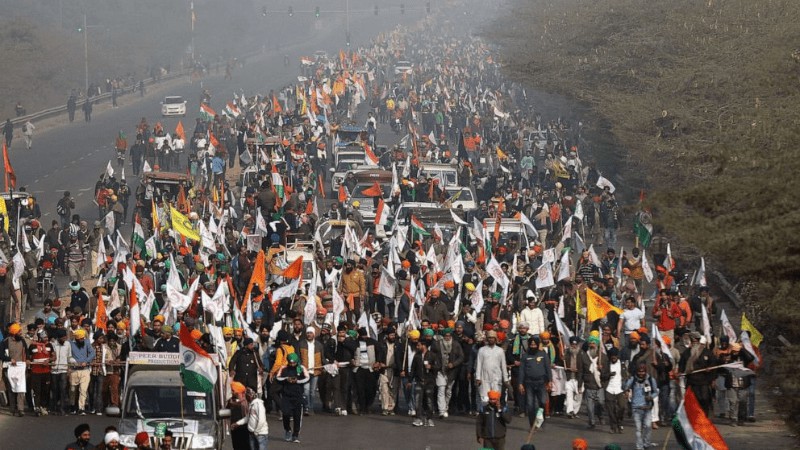


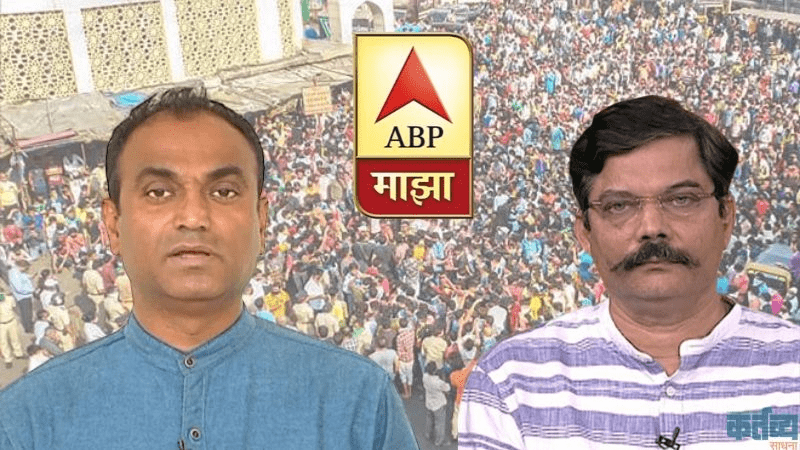
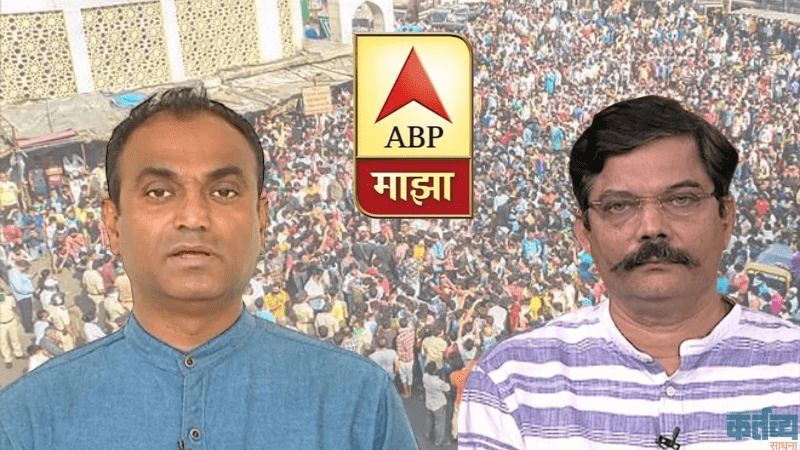

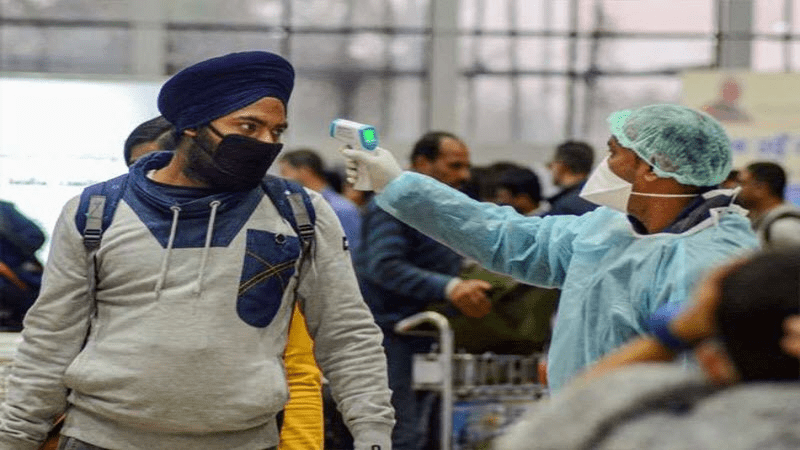

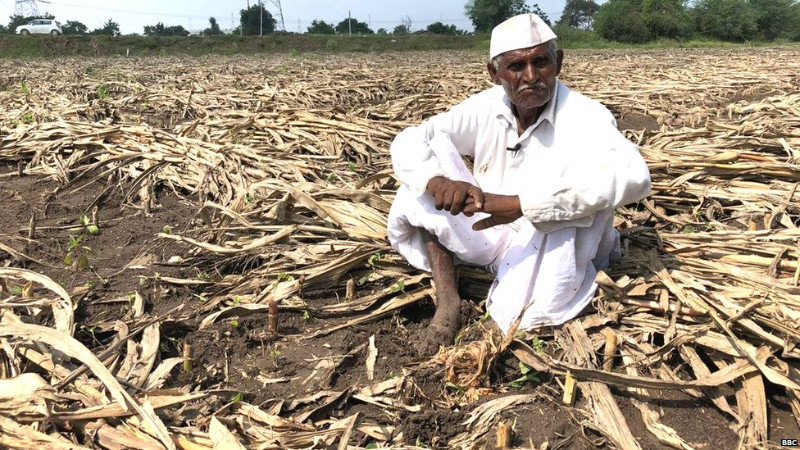


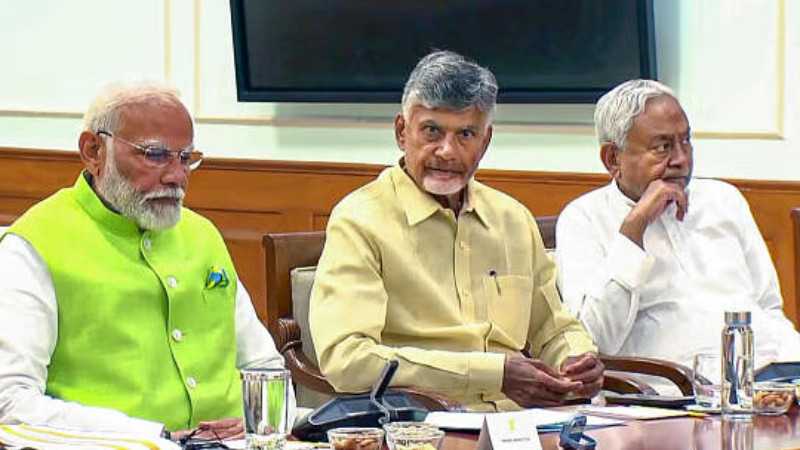
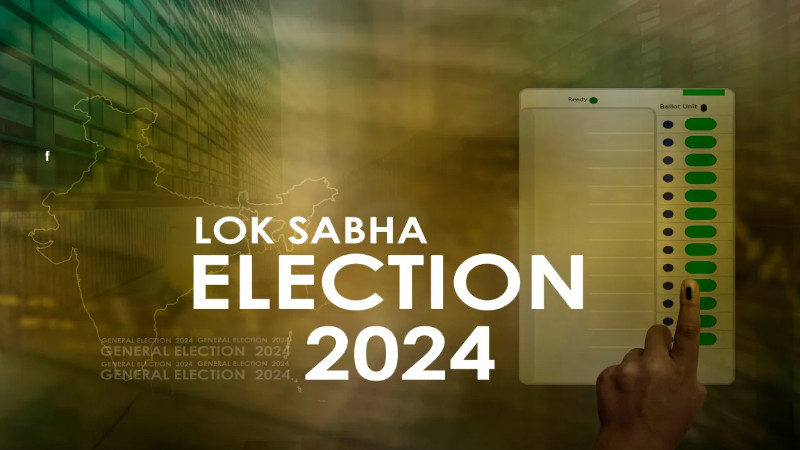
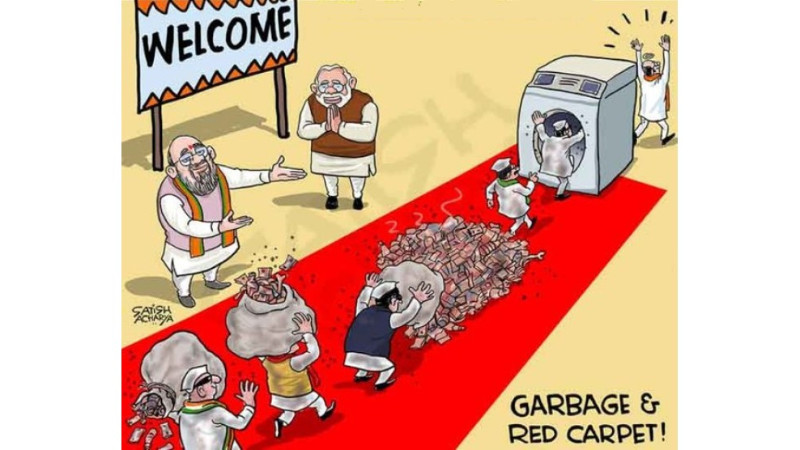
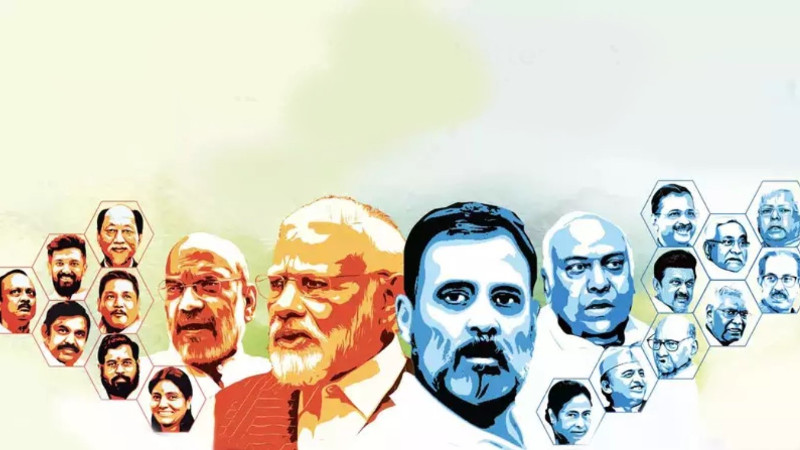
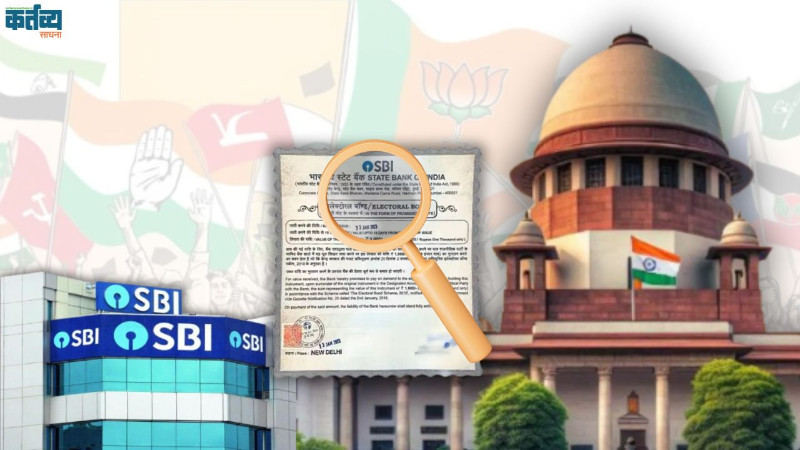
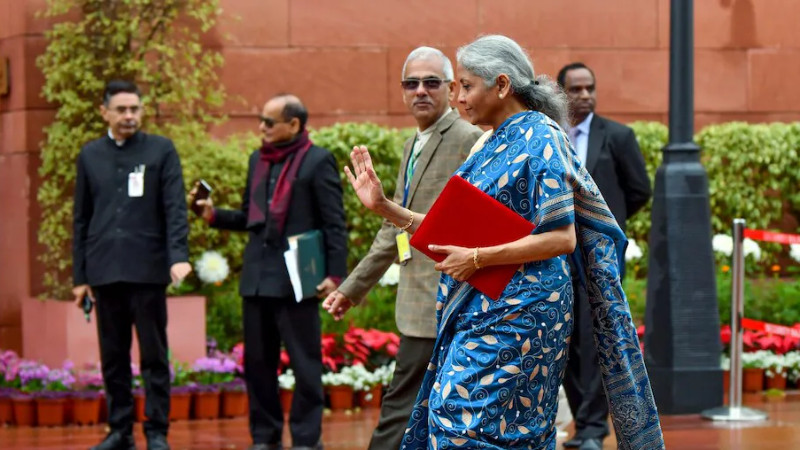
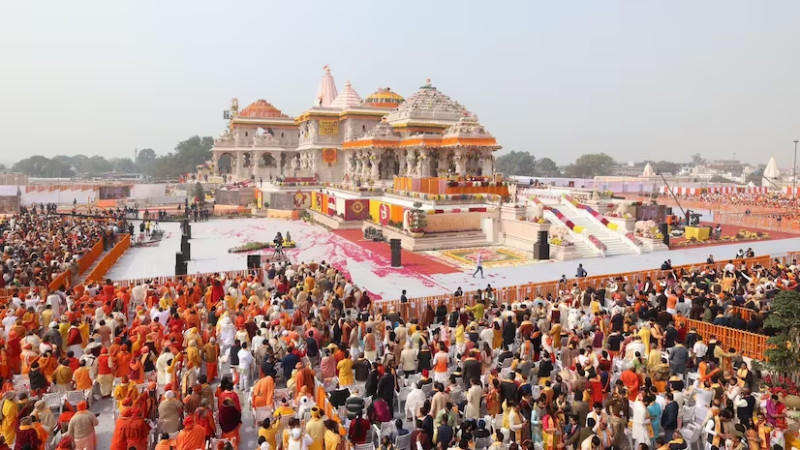



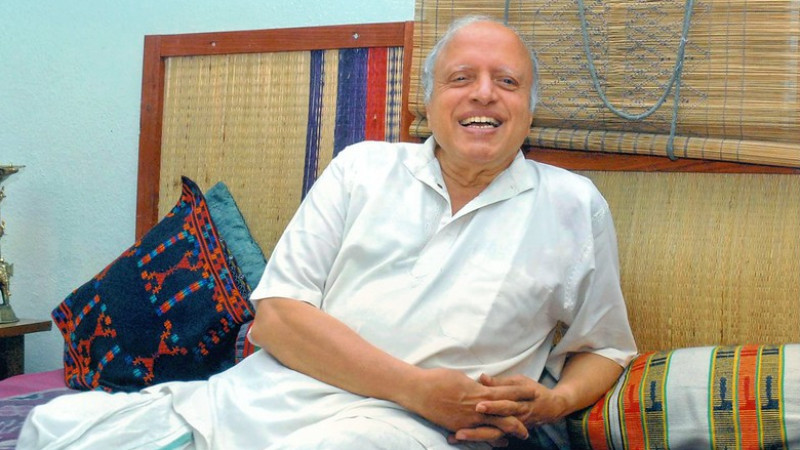
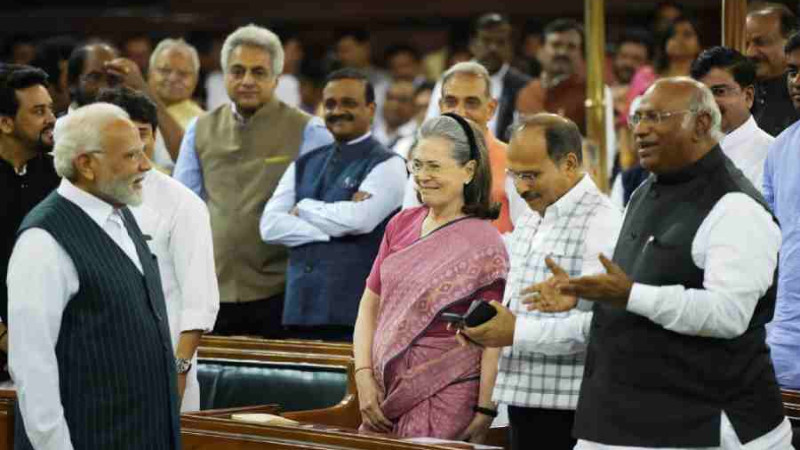
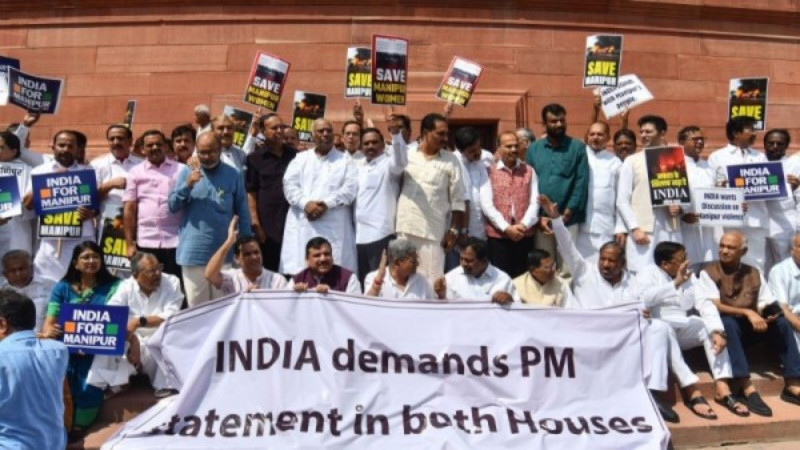
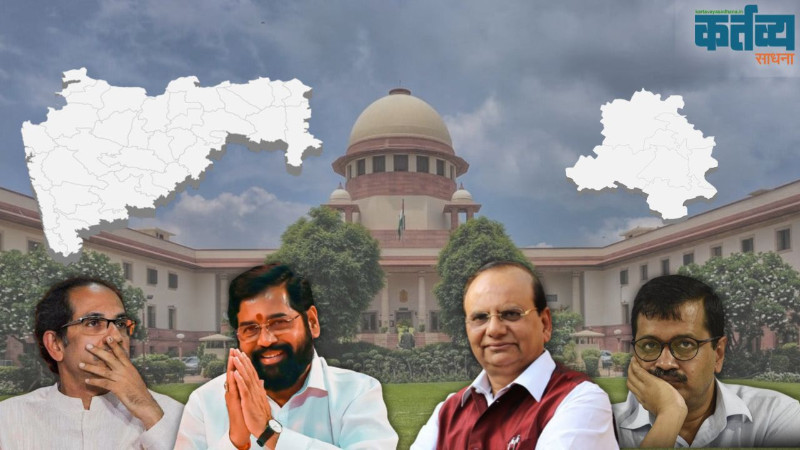
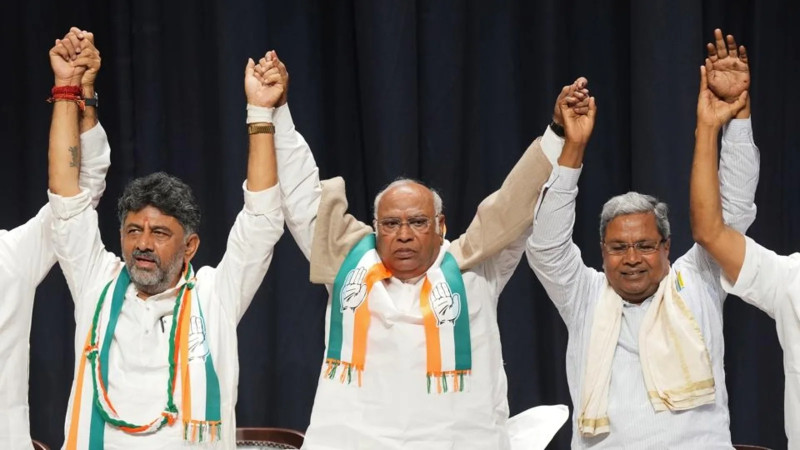

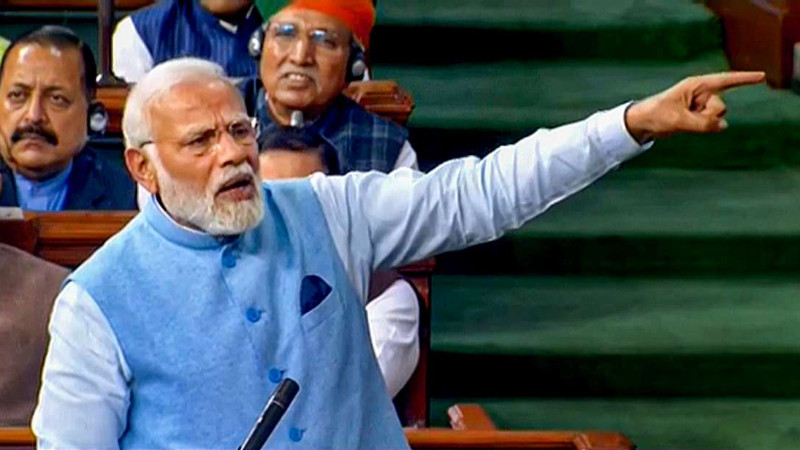
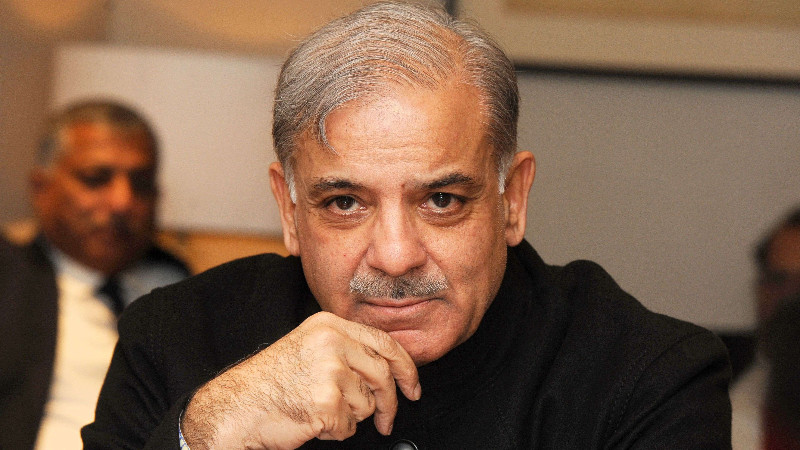
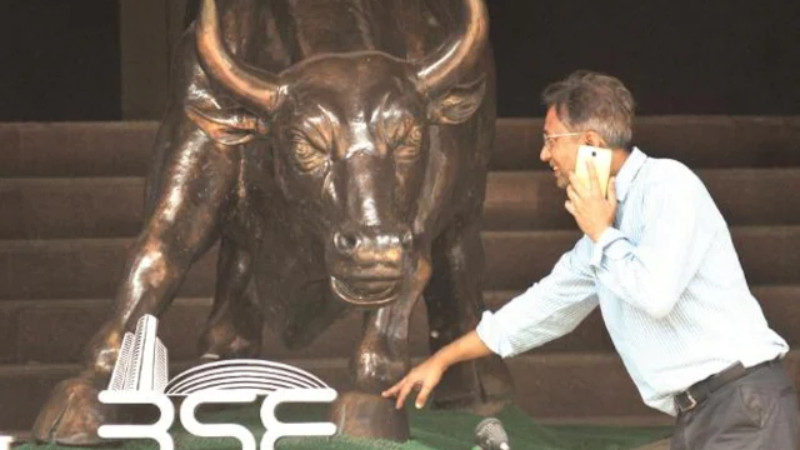

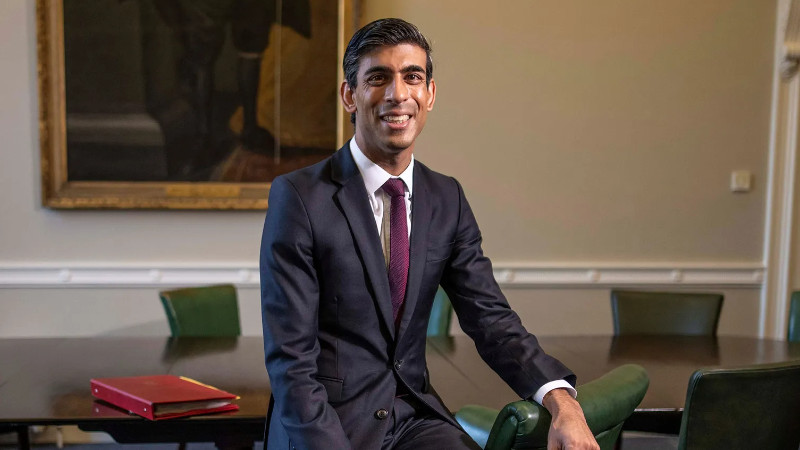
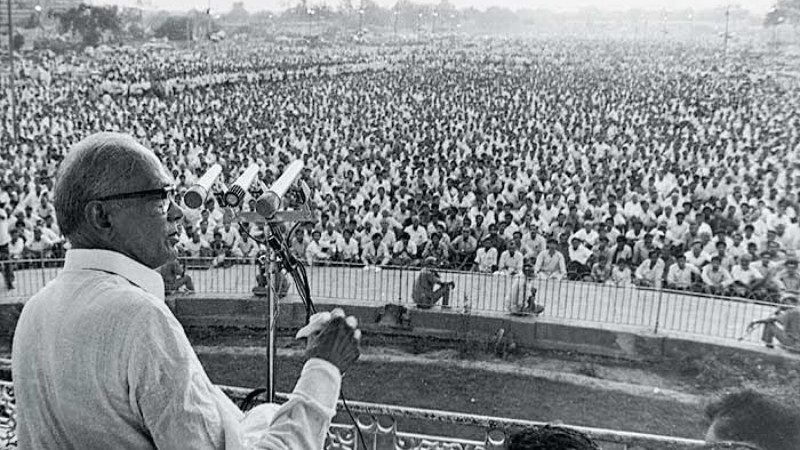


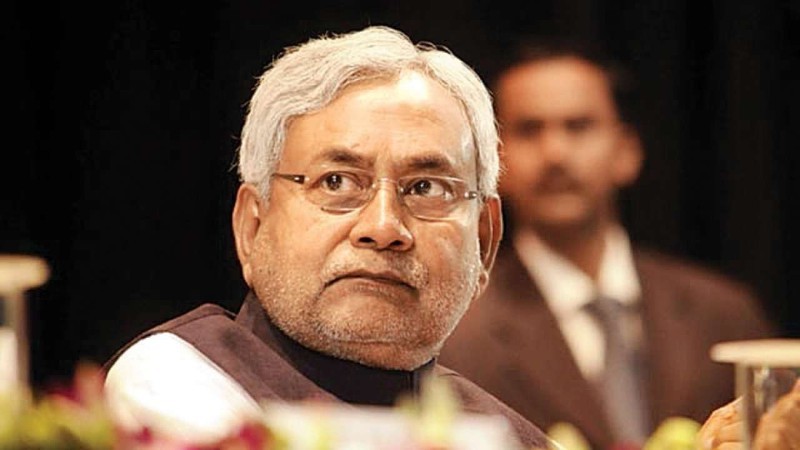
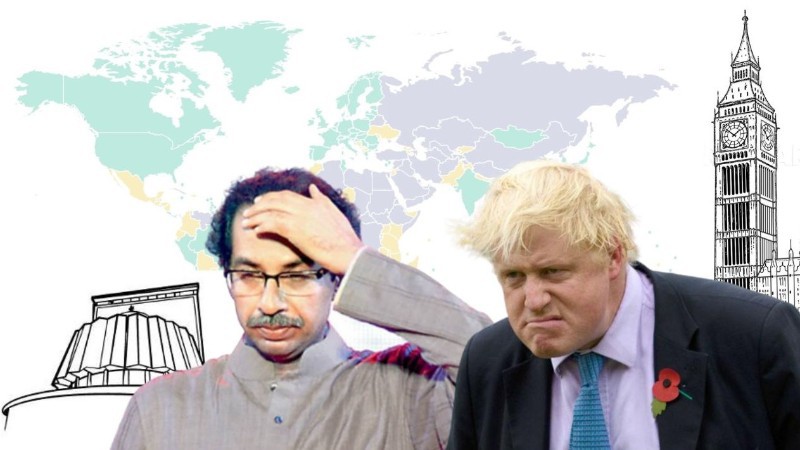
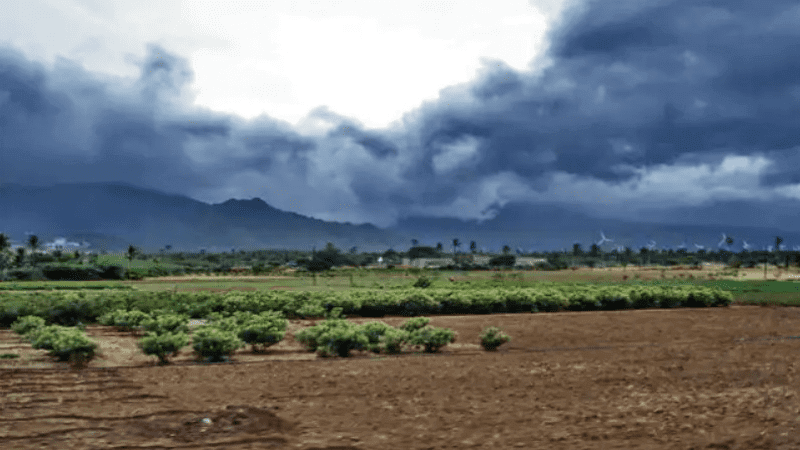
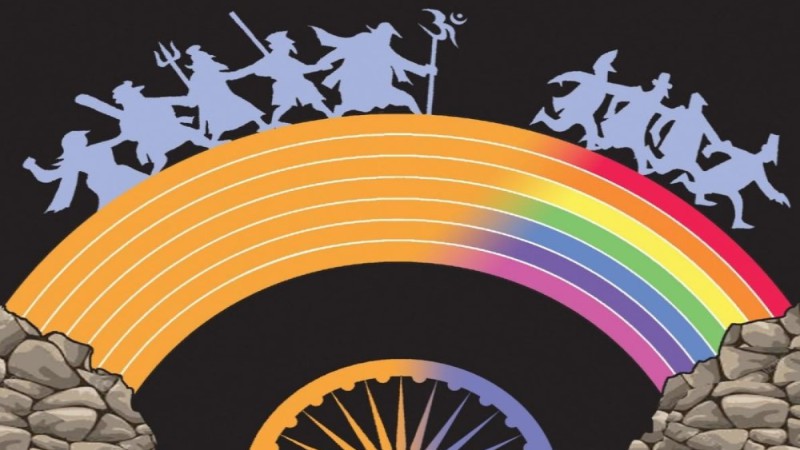
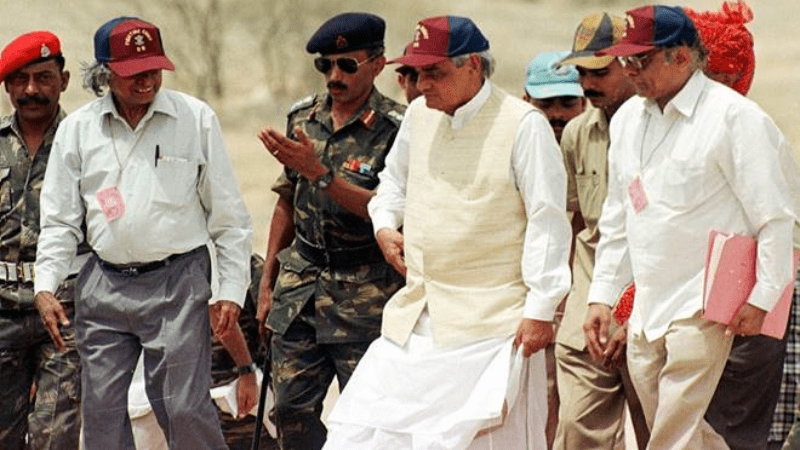
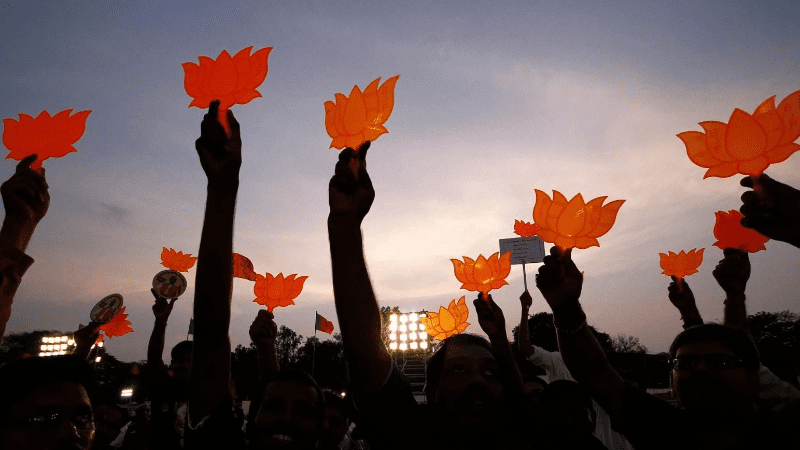
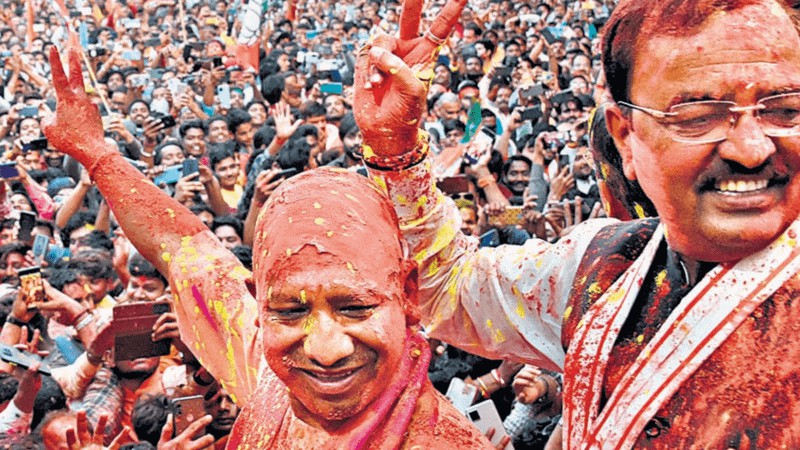
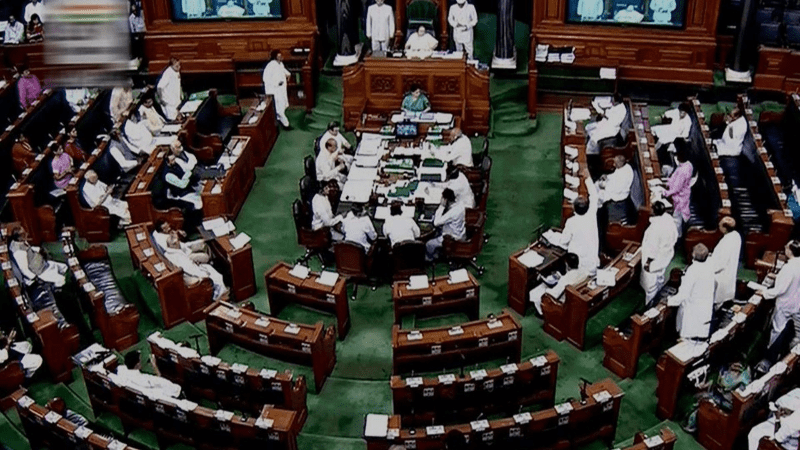
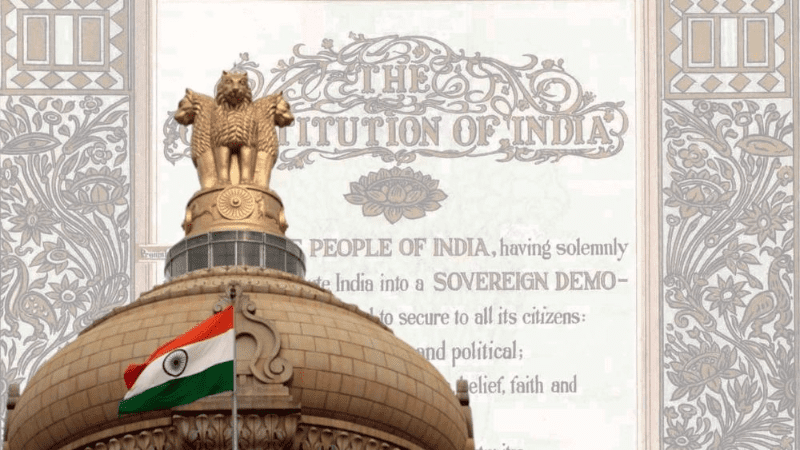

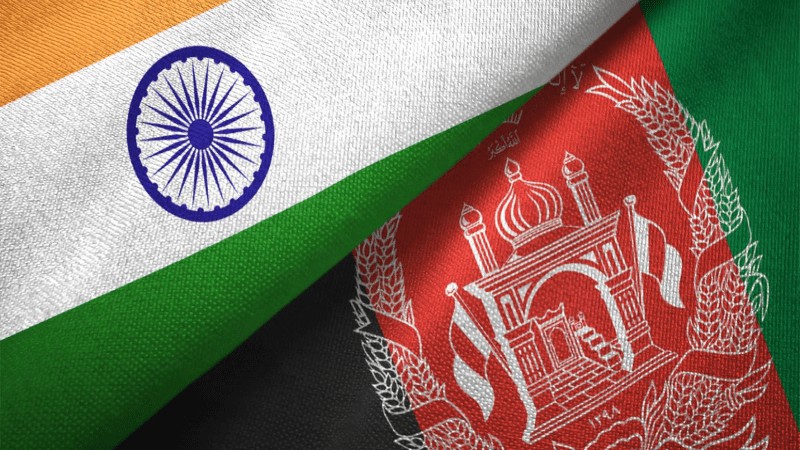
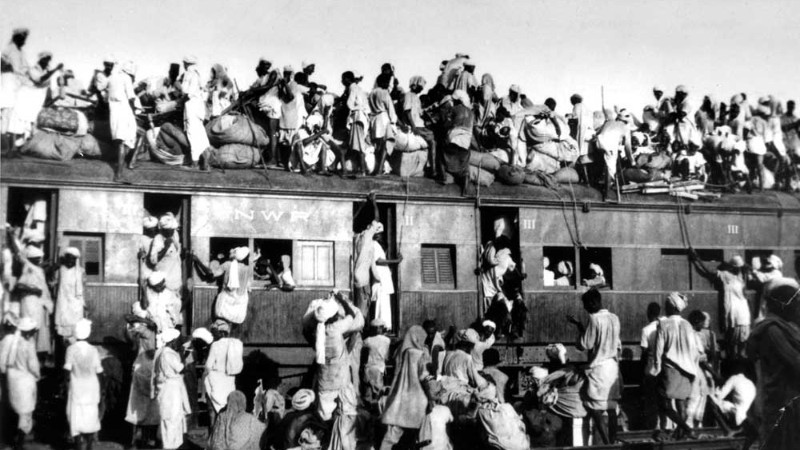
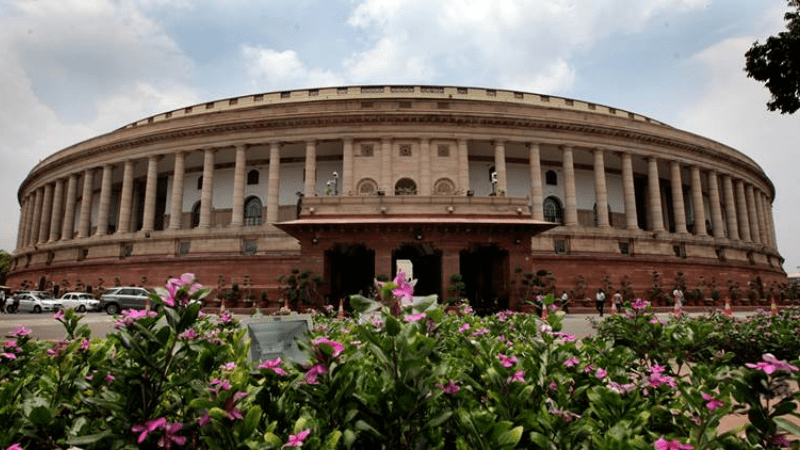
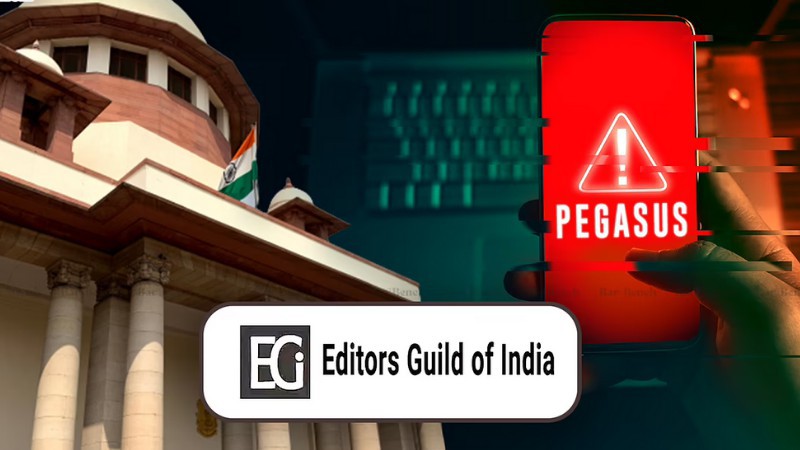
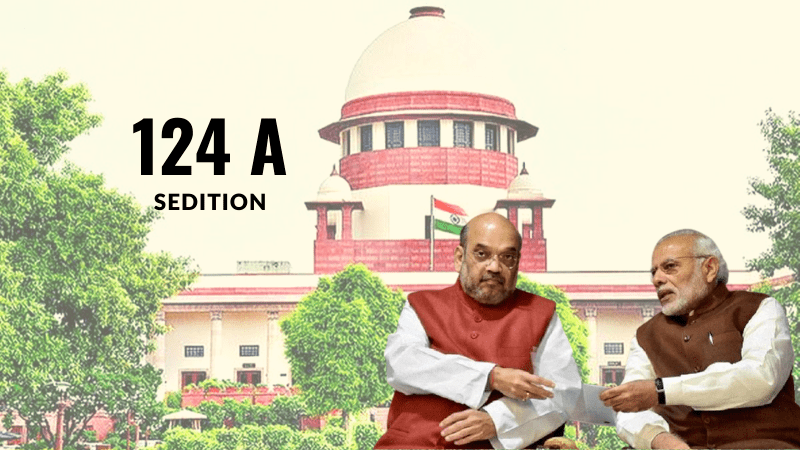
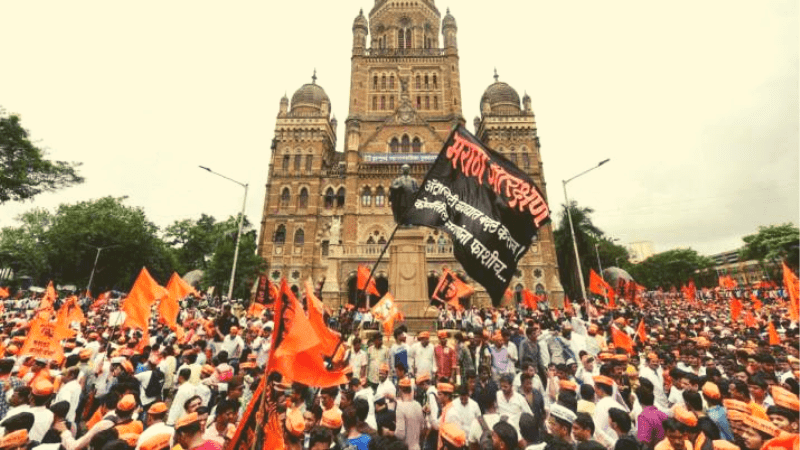
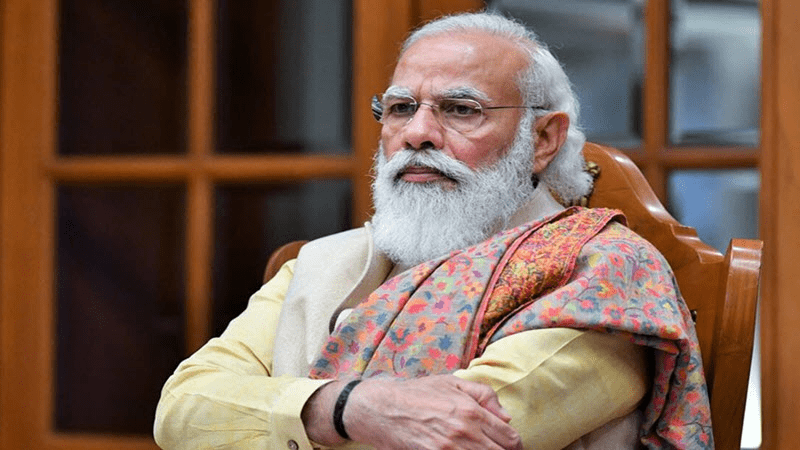
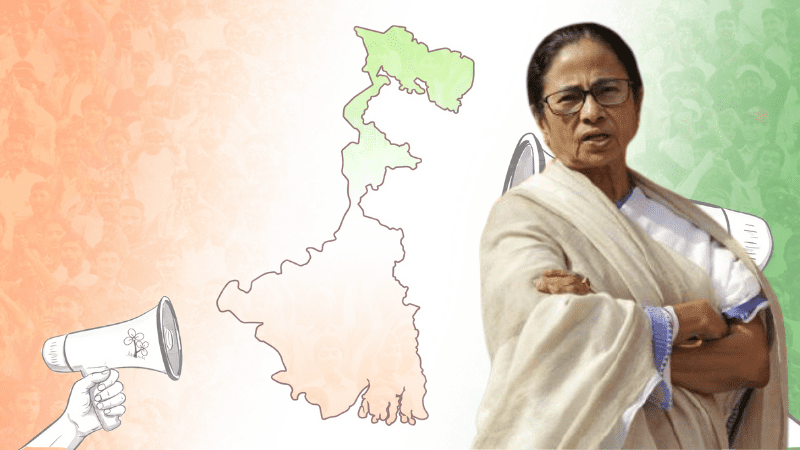
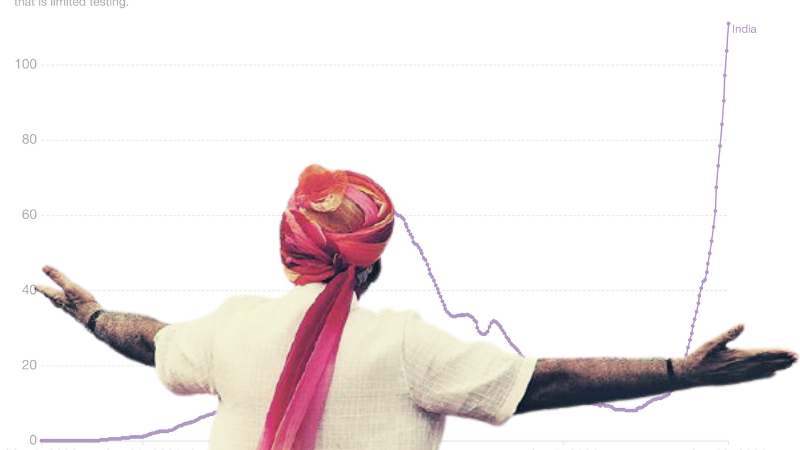

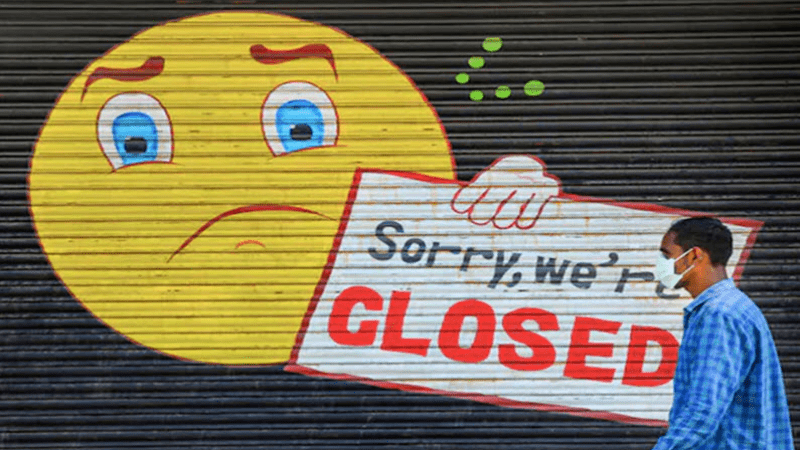

























Add Comment